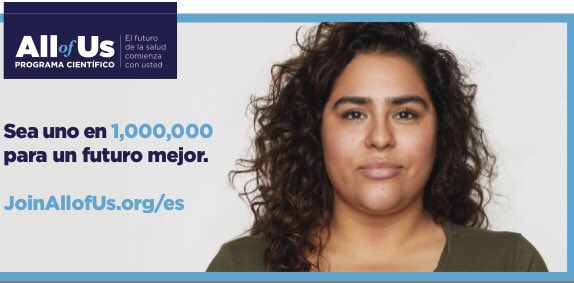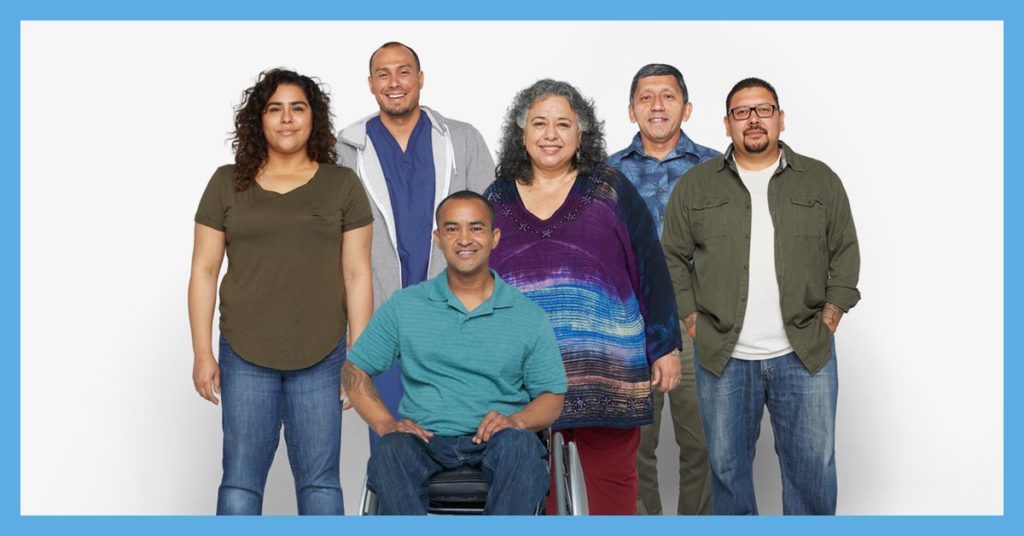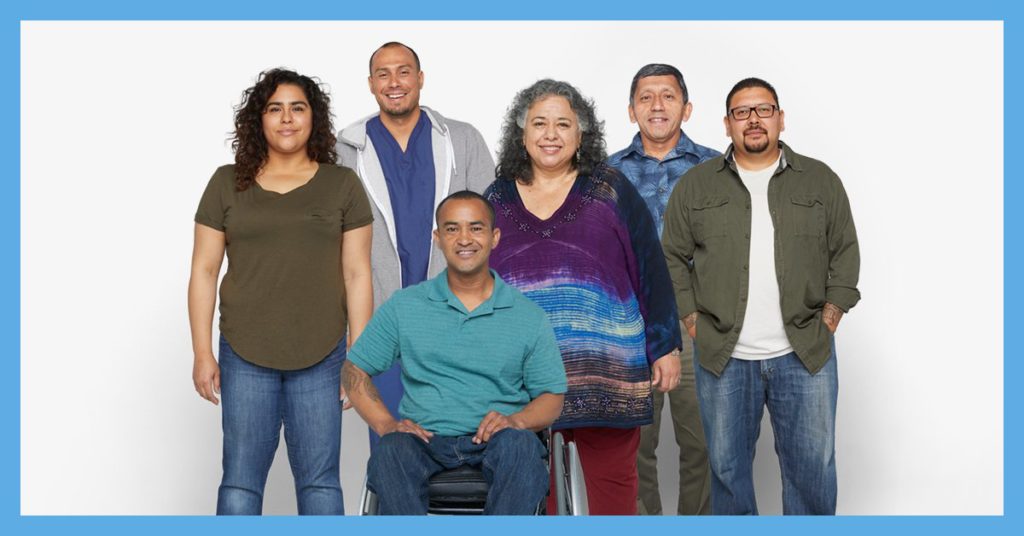
For far too many years, Hispanics across the country have been sidelined in critical medical research. As a result, our community is not taken into consideration in the creation of medical treatment programs that, for some, would be their best chance for survival. For a community that already faces a lower life expectancy, higher rates of diabetes and other critical health disparities when compared to their white peers, this reality is simply unacceptable.
Even worse is the lack of precise medical treatments for older Hispanic populations. As some of the most vulnerable members of our society, these individuals deserve equal access to treatment designed with their needs in mind, something that can only be done if they are included in the medical research process.
I’ve devoted my life to this very topic through my work with the National Hispanic Council on Aging (NHCOA) as president and CEO. Since its creation over 30 years ago, NHCOA has fought for equitable health treatment of the rapidly growing population of older Hispanics living in the United States. In 2014, this community was 3.6 million strong. That number is expected to grow to over 21 million by 2060.
In continuing to advocate for policies that serve all Americans equally and educating the public about the needs of older Hispanics, we are excited to serve as an official partner to the National Institutes of Health’s (NIH) All of Us Research Program, which launched this spring. The program seeks to enroll one million or more individuals living in the United States to contribute their personal health data in order to create a research database that will allow for the creation of treatment programs based on precision medicine. Precision medicine aims to improve health outcomes through a more well-rounded diagnosis and treatment process that takes into account not only a patient’s health information but everything from their genetic makeup to environmental factors.

In its creation of the All of Us Research Program, NIH has made a bold commitment to diversity by engaging with communities that have been historically underrepresented in medical research. As a public health expert, I am excited by the positive impact I know this program can have on older Hispanics. I also know the hard work required to spread information about the program and encourage Latinx across the country to get involved.
We at NHCOA have hosted events in Miami, Florida; Silver Spring, Maryland; Albuquerque, New Mexico; Los Angeles, California, and developed activities in Washington, D.C. We’ve targeted these cities specifically to ensure that when we disseminate information on All of Us and share the potential the program and precision medicine have to improve the health of Hispanics, we reach as many members of our community as possible. As a result of these activities, hundreds of older Latinx as well as their families and caregivers now know about this historic initiative. We are also working to inform them of growing volunteer groups who will help this population navigate the website and enroll as participants.
I am energized by the work being done in precision medicine and confident that we can make a real, positive impact on the future of how we conduct medical research. My colleagues and I at NHCOA are looking forward to not only spreading the word about the All of Us Research Program, but to participating in it ourselves. However, we need support from the entire Hispanic community, young and old, if we are to harness the full potential of the program.
To learn more about the program and how you can get involved, please visit joinallofus.org.
The opinions expressed in this article are those of the author and do not necessarily reflect those of the Diverse Elders Coalition.

